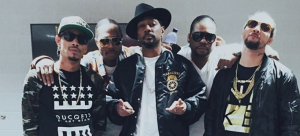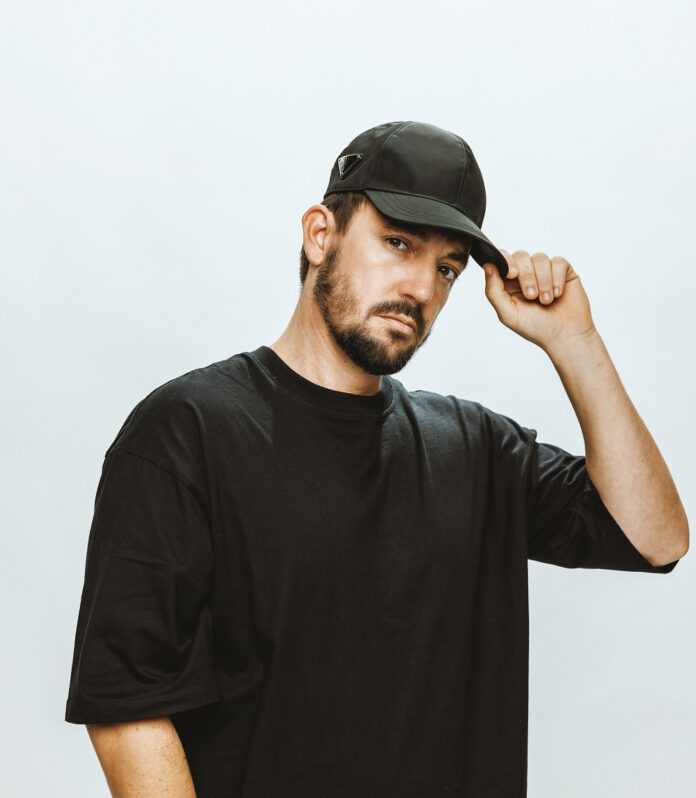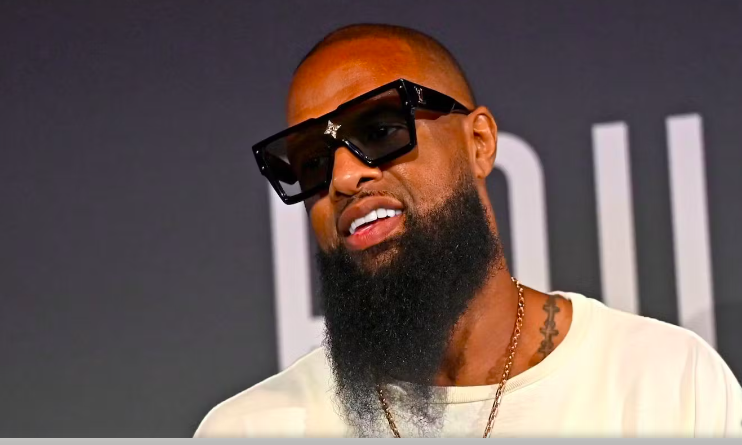The limits on American’s freedom of speech on the internet are being tested by President Trump.
On Thursday, he signed an executive order opening the door for U.S. government oversight of political speech on the Internet. This is viewed by many critics as a threat to free speech.
Ironically, Trump said the exact opposite right before signing the order.
“We’re here today to defend free speech from one of the greatest dangers,” said Trump.
The executive order seeks to alter a federal law that spared tech companies from being held liable for most posts, photos, and videos shared by users on their sites.
This is a golden parachute for tech giants, as Section 230, provides that protection. This is an essential bedrock of how the internet works for on the tech side.
However, Trump has argued repeatedly that this allows Google, Facebook, and Twitter to censor conservatives without abandon.
The companies have vehemently denied the charges.
Why So Serious?
Earlier in the week, Twitter marked two of his erroneous tweets with fact-checking labels. The move set Trump off and his Twitter fingers went to tweeting.
During the firestorm of tweets, he threatened social media companies with regulations and other punishments.
Trump’s directive could set the stage policing of political bias. However, who is deciding what is biased? Undoubtedly, it would be federal regulators writing new rules with corresponding punishments for “offending” companies.
But ultimately, depending on how far the order is enforced, it threatens a much broader segment of the Internet. In short, this can move beyond social media tech giants.
The swath could affect everywhere digitally where users congregate online.
The Farrakhan Rule
A little over a year ago, Facebook banned Nation of Islam leader, The Honorable Louis Farrakhan.
Facebook also expelled right-wing extremists Milo Yiannopoulos and many white supremacists accounts.
Minister Farrakhan and the others also lost their accounts on Instagram, which is owned by Facebook. In a statement to The Verge, Facebook defended its actions as a policy.
“We’ve always banned individuals or organizations that promote or engage in violence and hate, regardless of ideology. The process for evaluating potential violators is extensive and it is what led us to our decision to remove these accounts.”
“Dangerous individuals and organizations,” that engage in violence or have an ideology that attacks individuals based on race, religion, ethnicity, or sexual orientation” get banned from Facebook.
Ironically, Trump’s want to regulate the internet for political reasons mimics that of the tech companies attempt to self-regulate. Similar to Trump, their reasons came during a crisis.
The decision to eliminate the Minister’s account came on the heels of the New Zealand shooter. The killer live-streamed the incident which was viewed more than 4,000 times on Facebook before being taken down.
The End Of An Era?
However, if Trump regulates social media, how long until it becomes an official government entity instead of just a government partner? What will be acceptable to say and how far-reaching will the potential censorship be?
The questions all boil down to control.
If Trump implants himself at the helm of social media, you will have to watch your digital back and think twice before you tweet.







